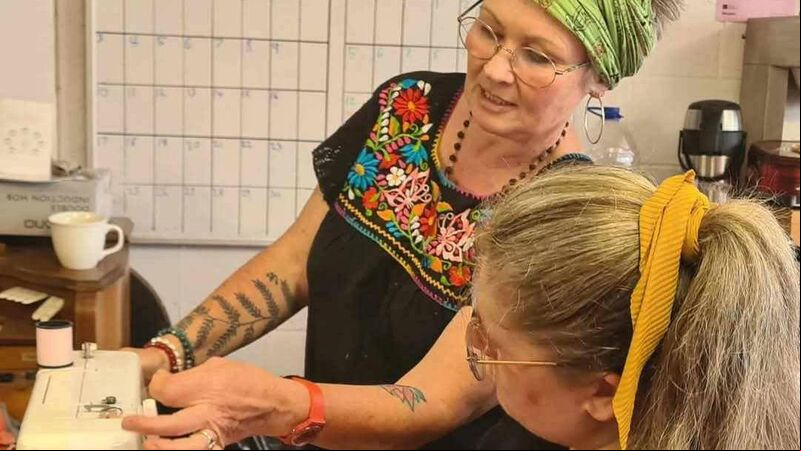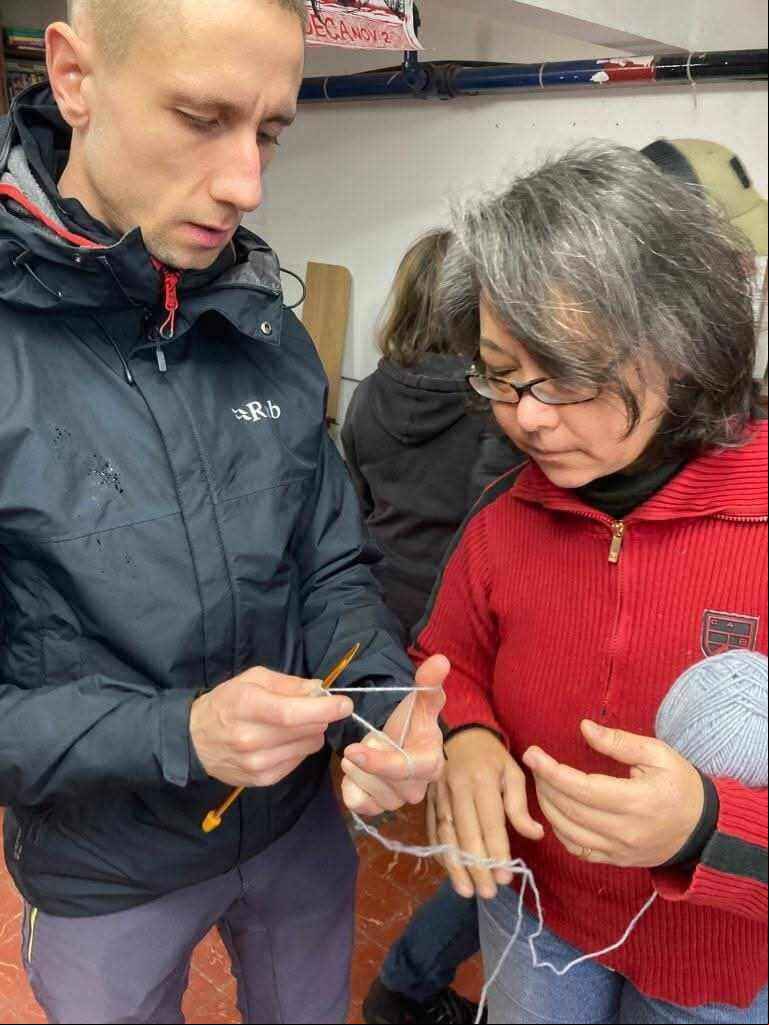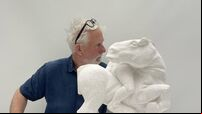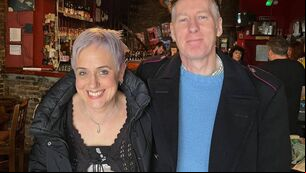Inside the Cork café helping people to give their damaged items a second lease of life

A volunteer showing an attendee how to thread a sewing machine.

Unfortunately, they launched ten days before covid lockdowns began, but despite this considerable initial hiccup, the café is now a regular event. It takes place on the last Sunday of every month, from 2pm to 5pm, either at Rebel Reads in the northside or the Lough Community Centre on the southside.

K says it is not only about getting things fixed and sharing skills, but also about building a community.







 App?
App?


